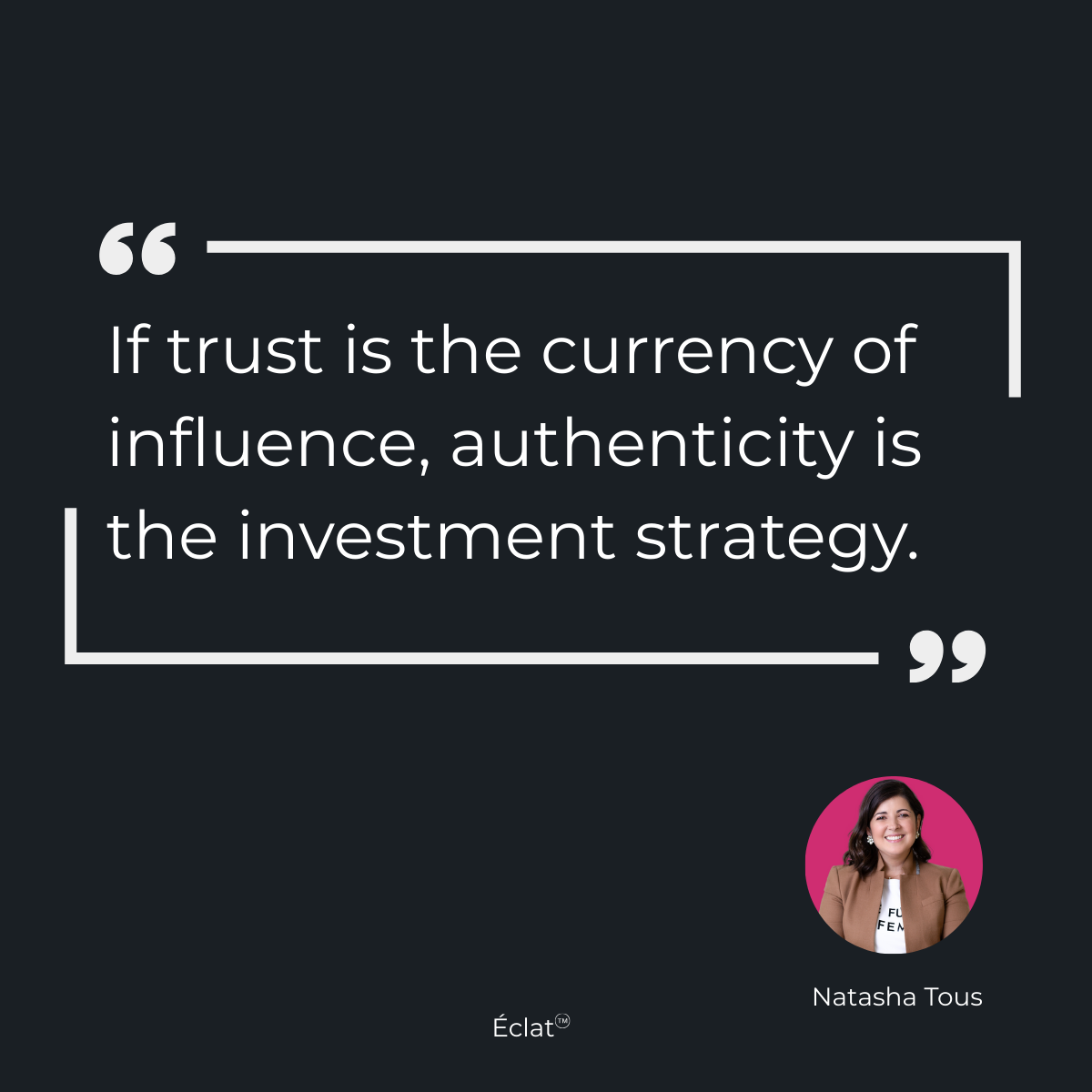Why YourBrand Can’t Afford a Trojan Horse
Today’s audience isn’t just savvy, they’re skeptical. They’ve seen the polished pitch, the bait-and-switch offer, the content that promises value but delivers little. And now, they’re quick to sense when something feels off. Trojan Horse marketing - when the message masks a hidden motive - might grab attention, but it compromises trust.
And trust isn’t optional. It’s the foundation of influence, whether you're leading a brand or leading a team.
“Even personal brands can’t afford to hide the truth”
Trojan Horse marketing isn’t just a creative tactic, it’s an ethical misstep. Not because it lies outright, but because it creates intentional misalignment. And when your audience, colleagues, or stakeholders realize that what you said isn’t what you meant, credibility erodes.
This isn’t just a problem for external brand campaigns, it shows up in personal leadership branding, too.
There was a time in my career when I was recognized for being reliable and results-driven. But I wasn’t seen as the strategic thinker I knew myself to be. I hadn’t intentionally shaped my brand; I had simply let it happen. I didn’t misrepresent myself, but I also wasn’t showing up with clarity about the value I brought. The result? Others filled in the blanks. And that unintentional gap created real limitations.
The same thing happens when brands rely on disguised messaging. You may get engagement, but not alignment. You may win a response, but not real resonance.
As Tom Fishburne, creator of Marketoonist, puts it: “The best marketing doesn’t feel like marketing.” His cartoon critique of Trojan Horse tactics reminds us that even clever content strategies can backfire if they aren’t built on trust. If trust is the currency of influence, authenticity is the investment strategy.
That’s true for product marketing. It’s true for personal leadership. And it’s especially true in environments where credibility leads to opportunity. When your message matches your intention - and your values match your delivery - you build a brand that leads with integrity.
Because what people say about you when you're not in the room? That’s your brand. And it should never be built on illusion.
Want to make sure your message builds trust, not skepticism?
Book a session to explore how Éclat’s frameworks help leaders refine how they’re experienced, so their communication lands with clarity and credibility.

